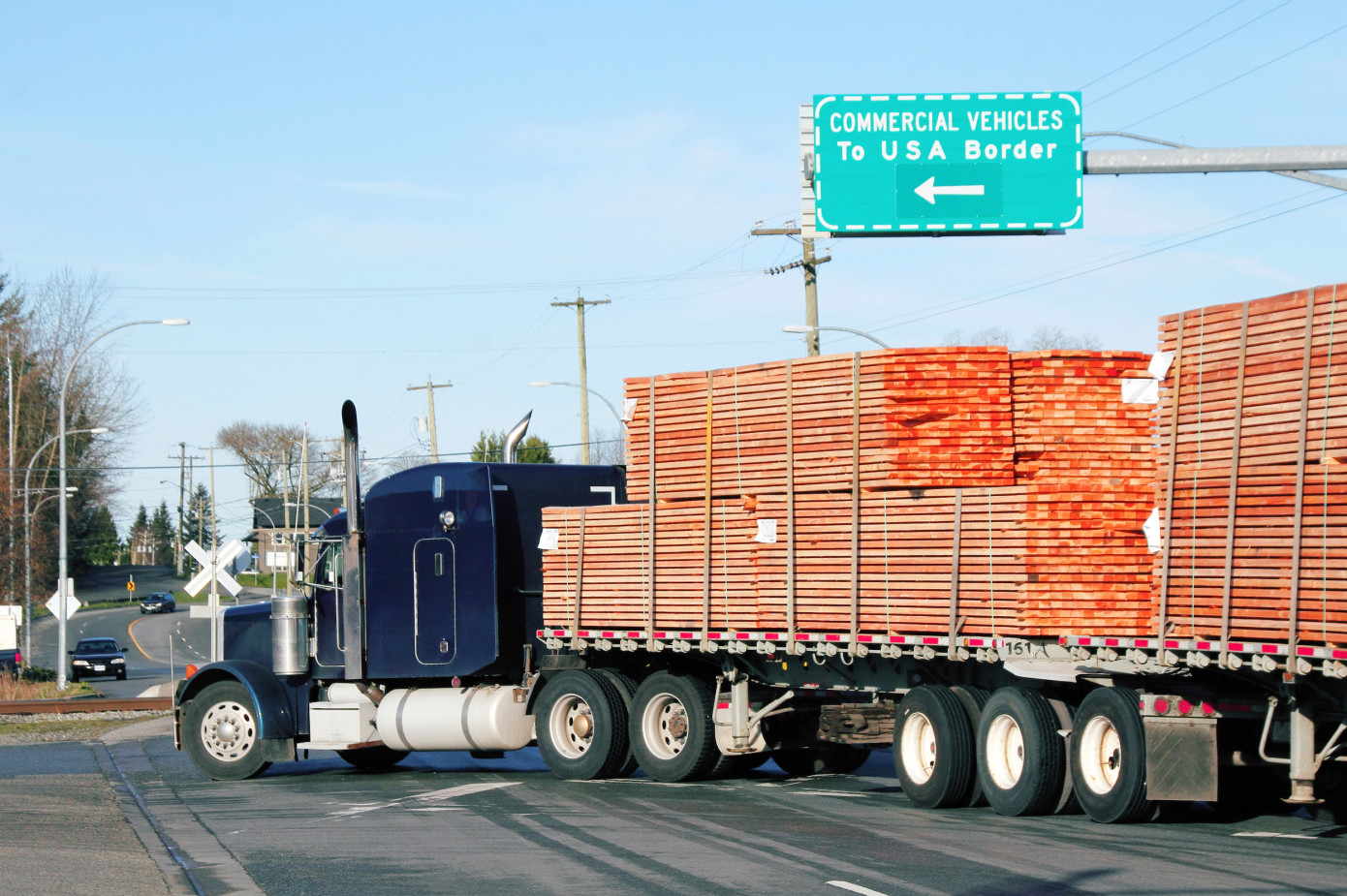The U.S. Department of Commerce today issued its final determination in the second administrative review of softwood lumber imports from Canada. The combined anti-subsidy and anti-dumping duty rate of 17.9% confirms yet again that Canadian imports are unfairly subsidized and traded into the U.S. market, the U.S. Lumber Coalition said in a statement.
“The U.S. Lumber Coalition thanks the Commerce Department’s for their hard work and continued commitment to strongly enforce the U.S. trade laws against unfairly traded Canadian lumber imports,” stated Jason Brochu, Chairman of the U.S. Lumber Coalition and Co-President of Pleasant River Lumber Company. “Trade law enforcement maximizes long-term domestic production and lumber availability and has already resulted in dramatic growth of U.S. made lumber to meet strong demand to build more American homes,” added Brochu.
U.S. sawmill investment and capacity expansion has been robust since the filing of the trade cases by the U.S. Lumber Coalition in 2016. The U.S. industry appears on track to have produced an additional 17.5 billion boardfeet of lumber through 2021, averaging 3.5 billion a year. These increases have more than offset any decline in unfairly traded Canadian imports and are enough lumber to build about 1.2 million single-family American homes, the statement said.
“The U.S. Lumber Coalition strongly urges the Administration to continue full trade law enforcement. More U.S. lumber being produced in America to meet domestic demand is a direct result of the enforcement. A level playing field is critical for the continued investment and growth of the domestic lumber industry and its hundreds of thousands of workers and thousands of communities across the United States,” concluded Brochu.
The U.S. industry remains open to a new U.S.–Canada softwood lumber trade agreement if and when Canada can demonstrate that it is serious about negotiations for an agreement that offsets the injury caused by Canadian unfair trade to U.S. producers, workers, and timberland holders. Until then, the U.S. Lumber Coalition fully supports the continued strong enforcement of the U.S. trade laws to address Canada’s unfair softwood lumber trade practices, the statement said.
